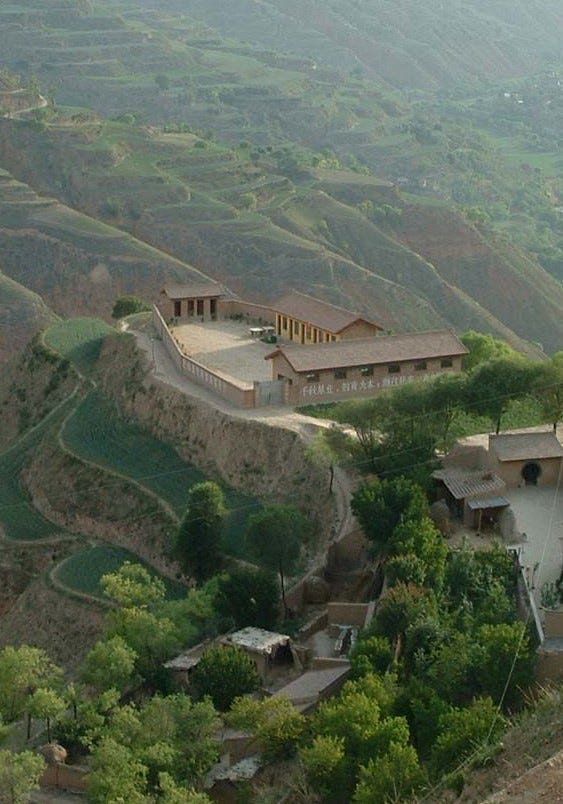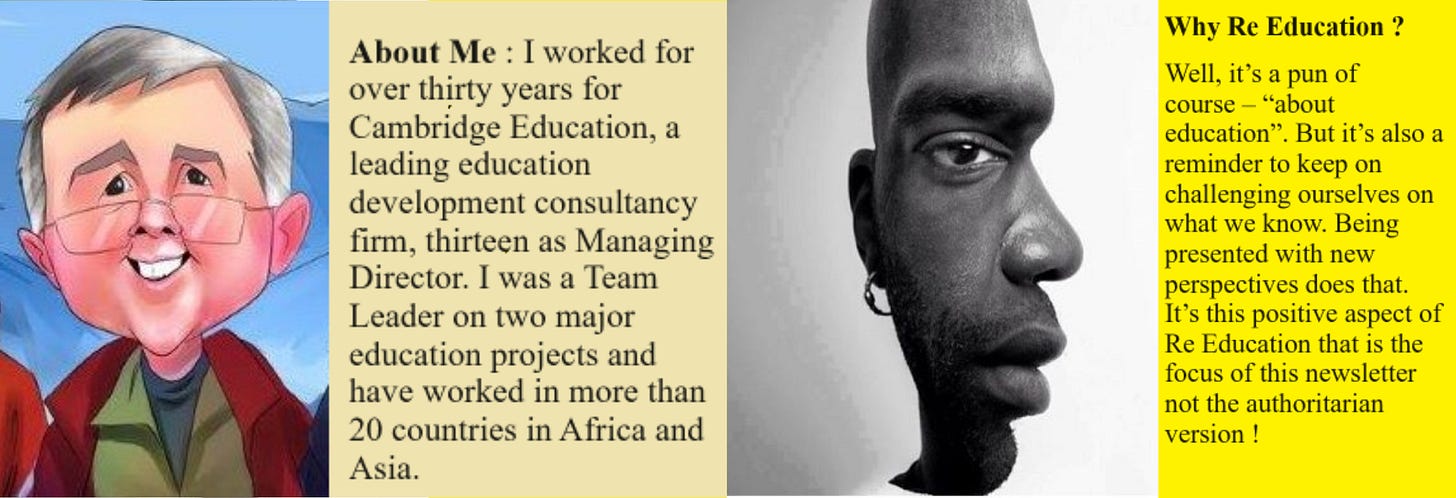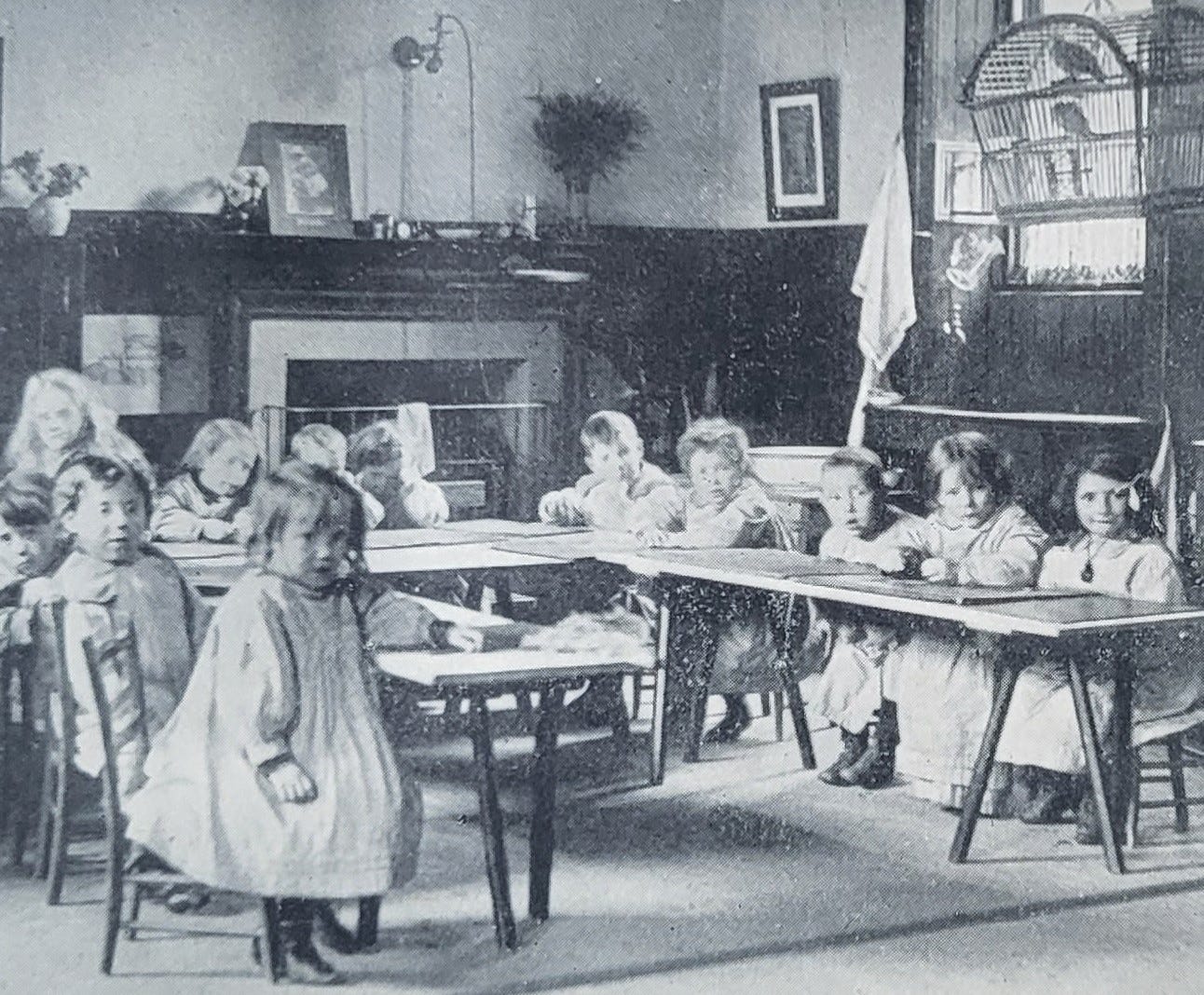WELCOME
Welcome to the first edition of “Re Education”.
This is a newsletter about international education development aimed at practitioners - those working to improve education and education systems, from the classroom to the Ministry.
It reflects things I think are interesting or important about education development – but I also want to use it as a space to highlight the voices of educators from the global south. In later editions I’ll be inviting guest contributors from Africa, Asia and the Americas, and I’m actively encouraging readers to share with me perspectives they think deserve to reach a wider audience.
I hope also to bring more of a historical perspective to education development. Many agencies working in education development have poor institutional memory – and so wheels are reinvented all the time. Historical perspectives deepen our understanding and show us paths to tread….and avoid.
I hope you enjoy reading, please give feedback and leave comments via the buttons throughout.
Andy Brock, November 2023
Learning is a treasury the key to which are questions. (Anon)
News
Some snippets of recent news / events that seem worth sharing.
Conference Season
The start of autumn is conference season in the Northern Hemisphere. Recently we’ve had the Oxford Conference (hosted by UKFIET) and RISE. CIES - which next year will be in Florida - in an election year - could be very politically charged.
Less well known are conferences in Africa and Asia. Recent conferences have included the International Conference for Education Research for Development in Africa (ICERDA) which took place in Ghana in September and E Learning Africa which took place in Senegal in May. Why are these less well known and more narrowly focused ? Can we ever see an Oxford Conference / CIES equivalent being held in Africa or Asia ?
How useful do you think these conferences are to implementers (government staff, NGOs, contractors, donors) rather than researchers ?
Girls' Education
One step forward, one step back….The good news is that new UNESCO data reveals that 50 million more girls have been enrolled in school globally since 2015. The bad news is…also from UNESCO, that the total number of out of school children has risen from 244 million in 2021 to 250 million in 2023. Link here : Progress on girls’ access to education: What the new UNESCO data reveals | LinkedIn
Voices from the front
Long ago many donors went off funding study tours - worried about the potential for waste and headlines about shopping trips. But, we learn by getting out from behind our desks, engaging and seeing how others do what we are also trying to do. Here’s an interesting example of a study tour by some Liberian educators to Ghana (funded by USAID) to see how teacher training has been transformed. Nice quote in the title : “The child who has not gone out to eat sees her mother as the best cook.” : Using South-to-South cooperation as a recipe for teacher education reform | SharEd
A very timely article on the launch of the Pakistan Foundational Learning Hub and the Literacy Crisis by well-known educator Baela Jamil. What does a literacy crisis mean for the citizens of Pakistan? | Special Report | thenews.com.pk Learning poverty has worsened due to Covid and the government is spending less than 2% of GDP on education. She argues that the poorest and most disadvantaged, those with disabilities and minority groups, are being left behind and “inclusive literacy and numeracy need to be unmasked”.
Education Sub-Saharan Africa (ESSA : ESSA Education Sub Saharan Africa - Start | ESSA (essa-africa.org)) which, among other activities, promotes African led research, has published a new report called "Young Africans Speak" (link below). Some interesting stats including that over 70% of students in each of the the three countries studied (Kenya, Ghana and Uganda) relied on family funding to get through university. Only 62% or less felt their degrees were very helpful in getting a job - there’s clearly work for these institutions to do.
Voices from the rear
(Gray and Published Research)
A review of USAID support to reading in Rwanda over the last decade makes for interesting reading. Fewer non-readers, but limited progress in comprehension. Article here : Growing Readers in Rwanda: A Brief Retrospective of a Decade of USAID Interventions and Effect | Rwanda | Basic Page | U.S. Agency for International Development
Dave Evans's roundup of key points from the RISE Conference on Education Systems Strengthening is always worth a read : New Findings from the RISE Conference 2023 on Global Education: Teachers, Technology, and Trajectories | Center For Global Development | Ideas to Action (cgdev.org)
A new paper by Amory Gethin, with the captivating title of "Distributional Growth Accounting : Education and the Reduction of Global Poverty 1980 - 2022" has some stunning stats on the importance of education to the reduction in global inequality. The message is : growth is overrated, education is the key ! Here's a key takeaway from the abstract. Full paper here :
Private returns to schooling account for 50-60% of global economic growth, 60-70% of income gains among the world’s poorest 20% individuals, and over 50% of the decline in global gender inequality since 1980. Combining direct redistribution and indirect investment benefits from education brings the contribution of public policies to global poverty reduction to 50-80% or more.
History Lessons
Reinventing wheels : Unfortunately, reinventing wheels is part of the landscape of international education development. As a sector we are pretty poor at knowing our own history. Here's one example : In country X in 2015 a large education project was put out to tender. A consultant who had worked in the same country on an education project in 1994, privately commented that this design was exactly the same as the project he had worked on 20 years earlier and funded by the same donor ! Is this unusual ? Send in any similar examples you know of - if they can be anonymised, I will share.
The History of the Future : Millions of dollars are invested every year in supporting governments to improve education systems, but the number of longitudinal studies looking at the impact of those programmes 10 or 20 years after they have ended i.e. in the future, is shockingly low. A good recent example that doesn't seem to have received much attention is a study by The University of Portsmouth and Consilient of the Somalia Girls’ Education Promotion programme (SOMGEP) - a Girls’ Education Challenge (GEC) funded programme. The research followed women involved in the programme six years after it ended. Here's a highlight of the key results (buried 5 pages in - why are academics so bad at shouting good news ?). Full report here :
Those who believe international support can be a force for good (which surely is all donors ?) are missing a trick by not having this kind of evidence much more readily available.
Long Memories. I have been reading a fascinating book called "Diary of a Free Kindergaten", by Lileen Hardy, published in 1912. St. Saviour's Child-Garden was opened in 1906 in the Canongate in Edinburgh - a notorious slum in the centre of the city. It's a touching and often funny account of the daily trials of trying to provide play-based education for poor children. But, it's also a reminder of how short the history of early childhood education is - even in the UK - barely 100 years. When St. Saviour's opened there were only three other kindergartens in the whole of the country.
"Responsibility comes early to slum children. Willie Ross came to the door in great distress, torn between conflicting duties. It was time for 'the school to go in', but, 'My mither's oot, and Geordie's playing in the close, and he'll get lost, and it'll be my blame, and my mither'll get on to me'. Aged four and two months."
Thinking Allowed
This month's article is : "Who will take care of the Learning Crisis ?"
What lies behind the increasing focus on data and evidence in discussions about the “learning crisis in education” – and isn’t it a distraction from actually addressing the crisis itself ? Why too is this focus on data not always shared by ministries of education ?……..
Fun Stuff
Here's a fun short video on the SDGs played by Al Pacino. But, it's very American - half the world won't know that the "inch" he refers to is about American Football. Is it a coincidence that the only team member whose name you see is "Jenkins" and Rob Jenkins is the Head of Education at UNICEF ?!! I think we should be told 😁
If you’ve enjoyed this newsletter, please subscribe. if you know others who might like it, please pass on. It’s free - just need an email address to get on the mailing list.









About Early Childhood Education - through knowledge of neuroscientific research , observation of children learning and financial returns on investments - it is still remarkable that such little attention is being paid to early leaning.